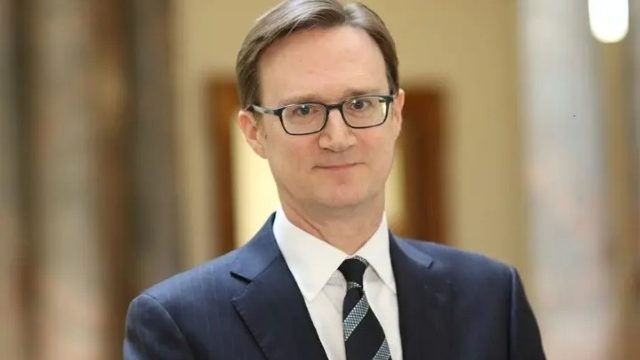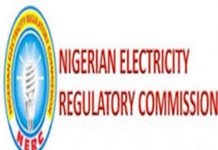The British High Commissioner to Nigeria, Mr Richard Montgomery said Nigeria holds the record of the world’s largest electricity deficit.
The envoy stated this in Abuja during a roundtable on the Electricity Act 2023 held under the theme ‘Implications and opportunities for state electricity markets’ organised by the Nigeria Governors’ Forum (NGF) and funded the Foreign Commonwealth Development Office (FCDO) and implemented by the United Kingdom-Nigeria Infrastructural Advisory Facility (UK- NIAF).
Montgomery who was represented by the deputy high commissioner, Mr Gill Atkinson said electricity deficit affects over 90 million of Nigeria’s population.
He noted that a new government was in place, which, according to him “has embarked on important microeconomic reforms” that will yield dividends in future.
Nevertheless, the envoy said as a chunk of the population lacks access to power supply, even the negligible percentage of those connected to the grid cannot boast about reliable energy supply.
“The exchange rates and fuel subsidy are bringing short-term pain to the country and the people. But there are positive changes in the medium and long term that will help Nigeria fulfill its potential for the future.
“Part of this particularly important moment is Nigeria’s power sector. Unfortunately, the country has the world’s largest electricity deficit. This affects 90 million people. Even those Nigerians, who are connected to the grid, face frequent outages and hence don’t get a reliable supply.”
He urged Nigeria to find ways to connect the dots between the power sector and inclusive growth.
“This is the time to explore new opportunities to scale up electricity delivery to more Nigerians. We need to give primacy to ways to promote expanded renewable integration, both on and off-grid.
“Nigeria gave fantastic commitments to COP26 and to the future of its power sector. This forum will help Nigeria to deliver those commitments,’’ she said.
“We also need to find ways to connect the dots between the power sector and inclusive growth. Nigeria’s prosperity depends on getting the power sector right,” Montgomery added.
He described the Electricity Act as an important component of the current reforms noting that the most important feature of the Act is the provision to allow states to pass laws to govern the generation, transmission, and distribution of electricity.
In his remarks, the chairman of NGF and governor of Kwara State, Mr AbdulRahman AbdulRazaq said the forum was promoting sub-national electricity programme to facilitate the development of sustainable, competitive and diversified electricity markets.
“We believe in partnership and getting divergent views on how to achieve the same goal. This is why this roundtable is so important and we look forward to reboot engagement in this important event.
In his speech, the NGF director general, Mr Asishana Okauru, said growth in the electricity sector would inevitably catalyse economic development in Nigeria and impact positively on all other sectors.
He said the amended Electricity Act 2023 represented a significant milestone in achieving a stable, reliable, and efficient electricity supply for the people.
He noted that the Act also provided a legal framework for private sector participation in the generation, transmission and distribution of electricity.
“We are often told that the amendment of the Constitution and the signing of the Electricity Act 2023 open the sub-national electricity market.
“To stakeholders and players in the industry, this makes perfect sense, but to laymen and perhaps to a majority of the populace, this is mere jargon.
“Our task, therefore, is to facilitate the simplification of this very complex and highly technical endeavour in a way that the government and the governed will fully appreciate.
“We have held and continue to hold talks with development partners and international donor organisations that have shown remarkable interest in supporting our efforts in ensuring the success of this initiative,’’ Okauru said.

































































